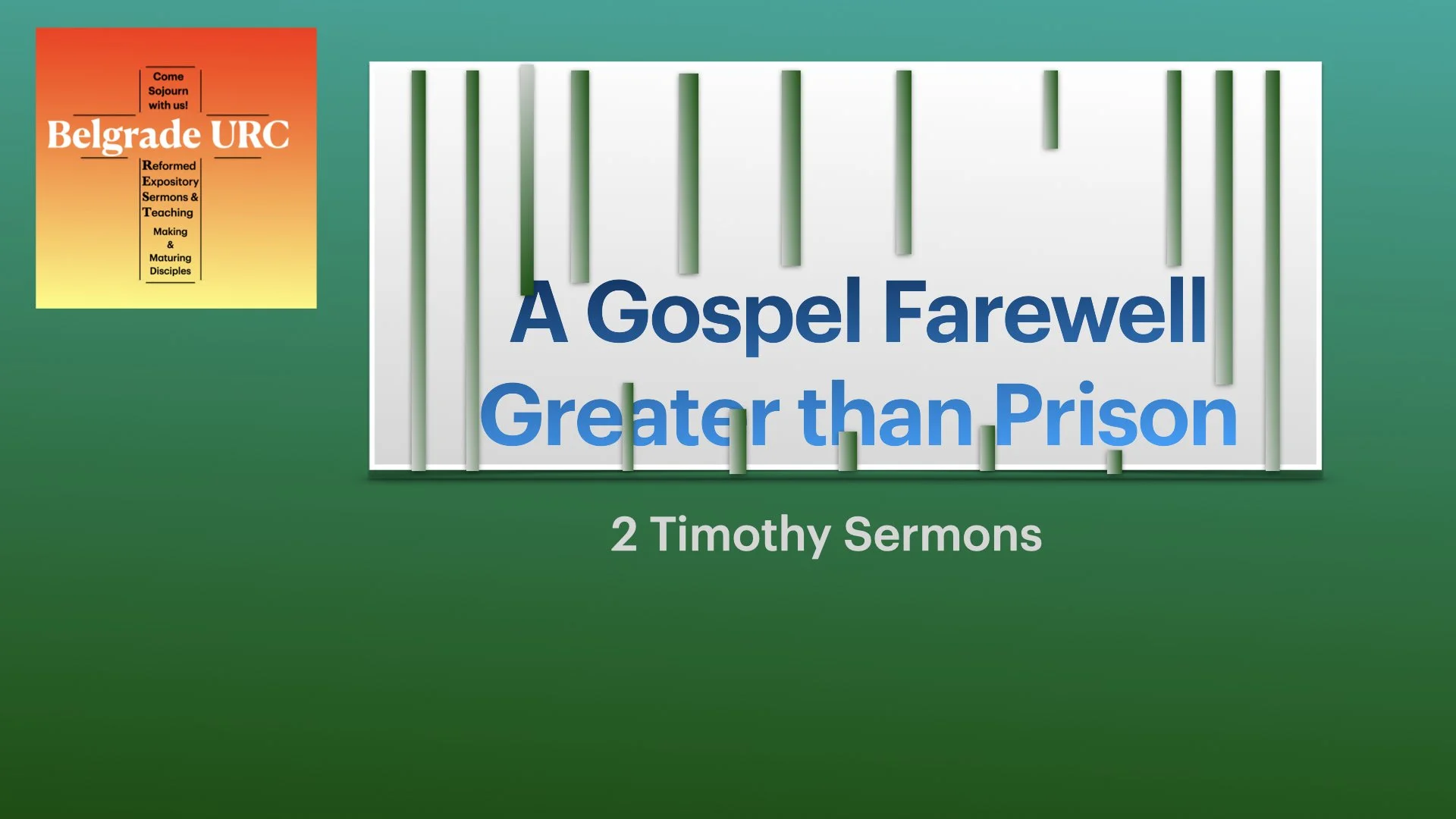God Reviews Israel’s Case (Hosea 13:1-11)
/Hosea rehearses the Lord's case against Israel. They have failed him, they have pursued Baal, and they have failed to have an exclusive relationship with the Lord. This prophet is warning us that we might think that we are fine because we can trust in everything other than the Lord. This is why John the Baptist calls Israel to turn away from their confidence and to turn unto Christ. Hosea is fundamentally exhorting God's people to find their contentment and fulfillment in the Lord and His kingdom.




